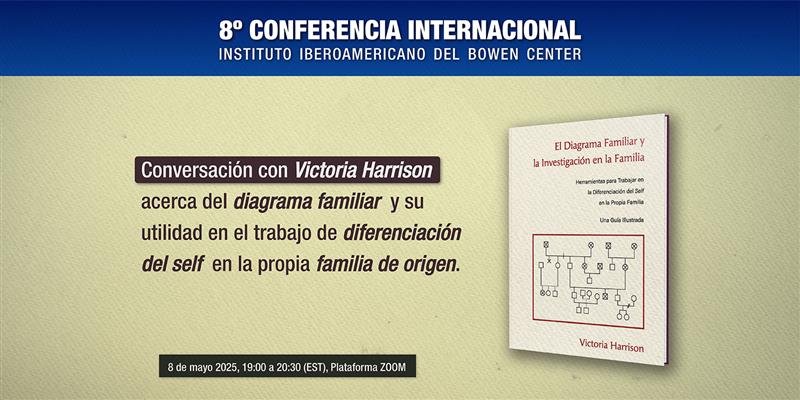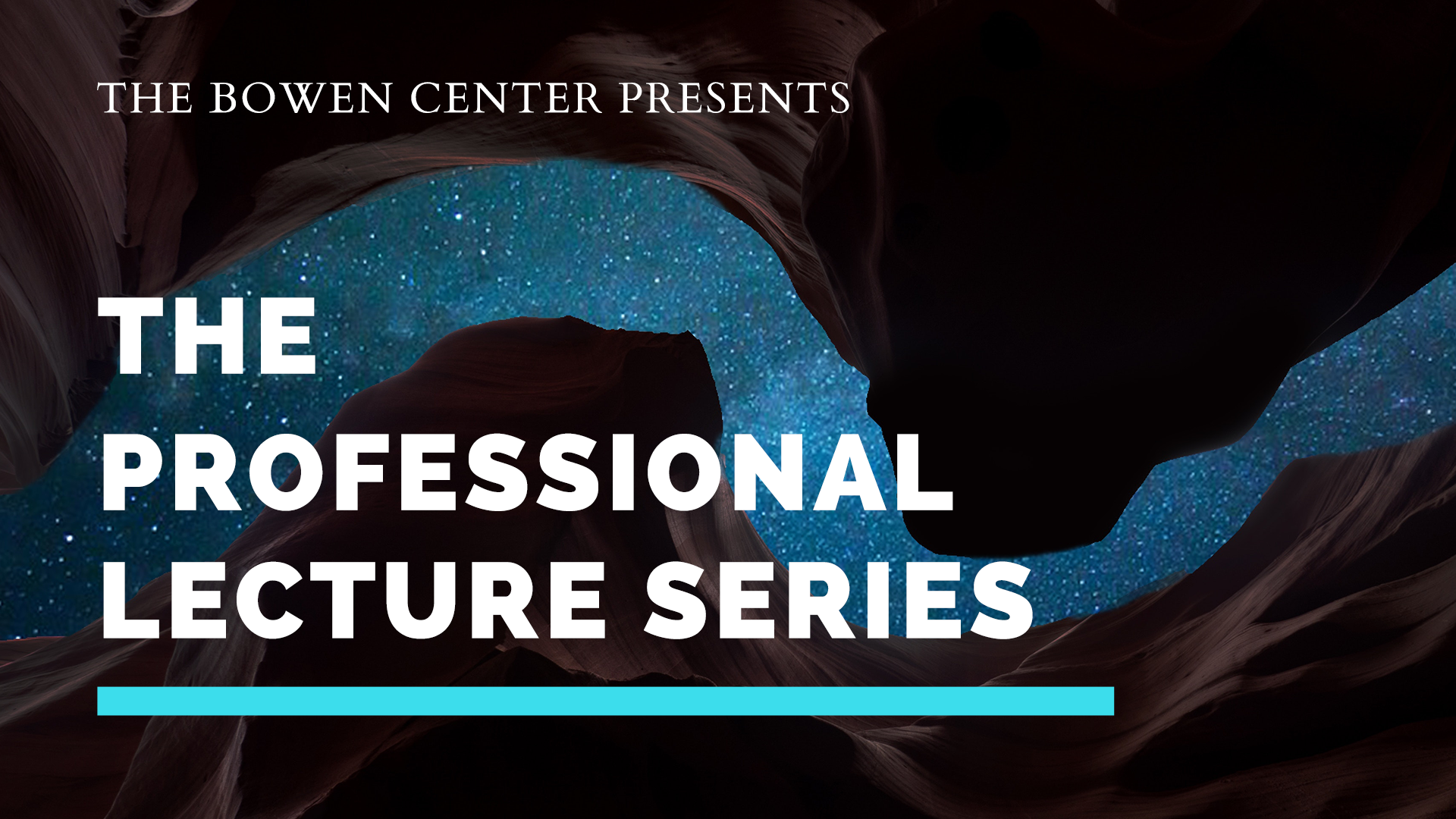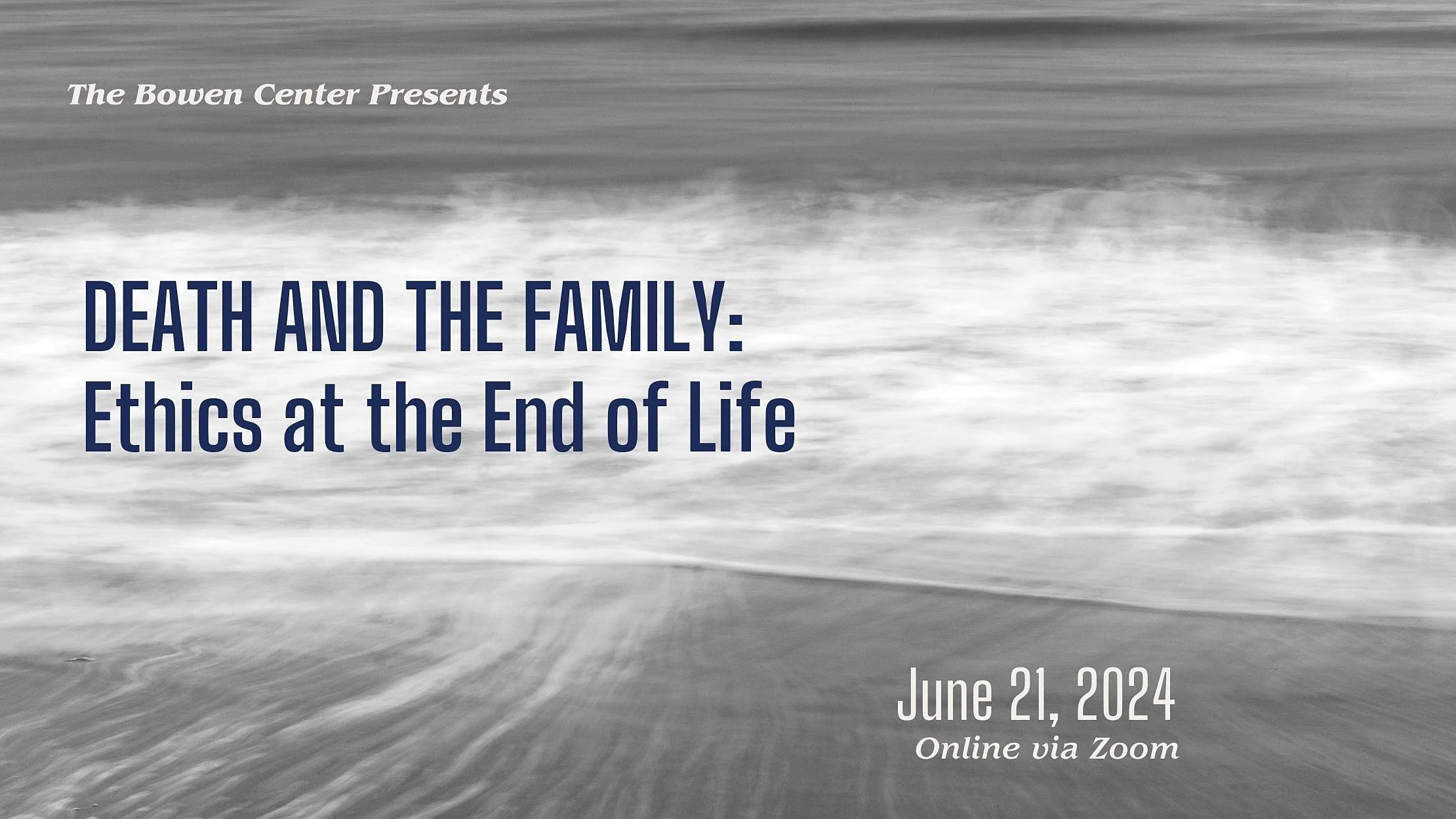Donación sugerida $10 USD
Conversación con Victoria Harrison sobre su libro Diagrama Familiar y la Investigación en la Familia, y su utilidad en el trabajo hacia la diferenciación del self en la propia familia de origen.
El Instituto Iberoamericano del Bowen Center ofrece esta octava conferencia con el objetivo de difundir los aportes que la teoría de Bowen ofrece a las grandes interrogantes y desafíos de salud mental en nuestros tiempos.
En esta oportunidad, se abordará cómo el diagrama familiar se constituye en la herramienta indispensable desde la Teoría de Bowen para comprender y articular el trabajo de diferenciación del self en la propia familia de origen. Para ello conversaremos con la connotada psicoterapeuta y docente destacada del Bowen Center, Victoria Harrison. Hablaremos sobre su última publicación editada el año 2024 denominada El Diagrama Familiar y la Investigación en la Familia, la cual ofrece una guía para quienes están motivados a desarrollar su propio diagrama familiar y utilizarlo para observar, abstraer, ver, y pensar sobre los hechos y factores que operan en su familia.
En este conversatorio se espera poner en valor el proceso de construcción del propio diagrama como condición fundamental de la formación conceptual y técnica de quienes deseen trabajar desde la Teoría de Bowen.
Las preguntas que guiarán esta conferencia serán:
a) ¿Qué es el diagrama familiar y en qué contexto surge como herramienta de comprensión y de trabajo con familias?
b) ¿De qué manera del diagrama familiar permite mapear los procesos emocionales y relacionales históricos al interior de las familias?
c) ¿Cuál es el valor que tiene el diagrama para el trabajo en la diferenciación del self?






















